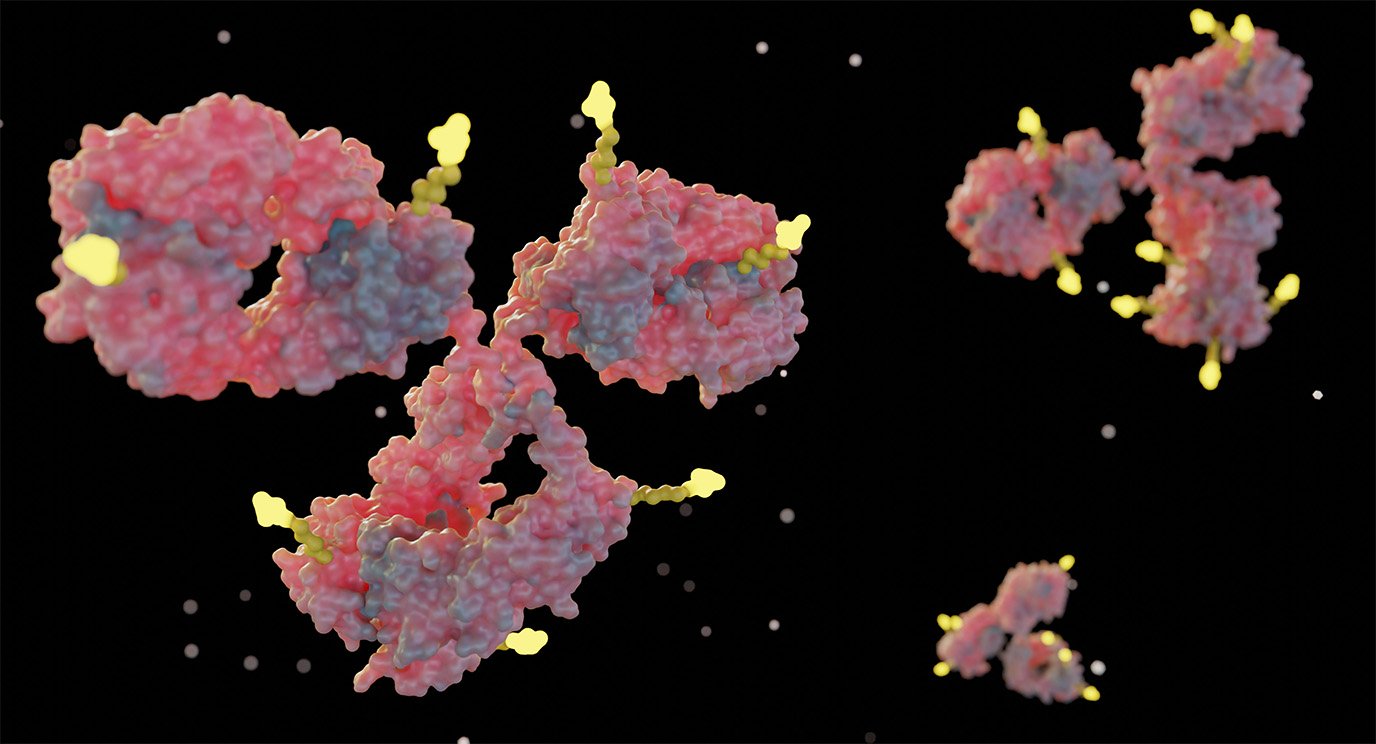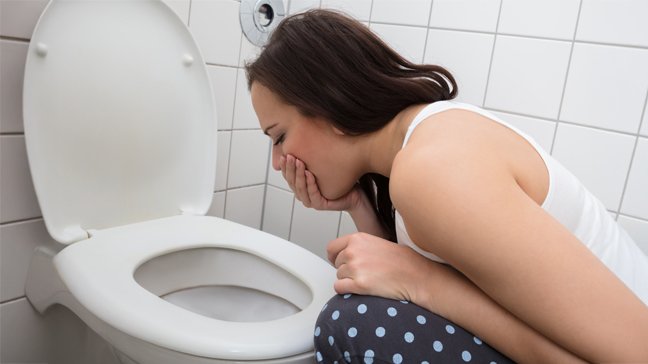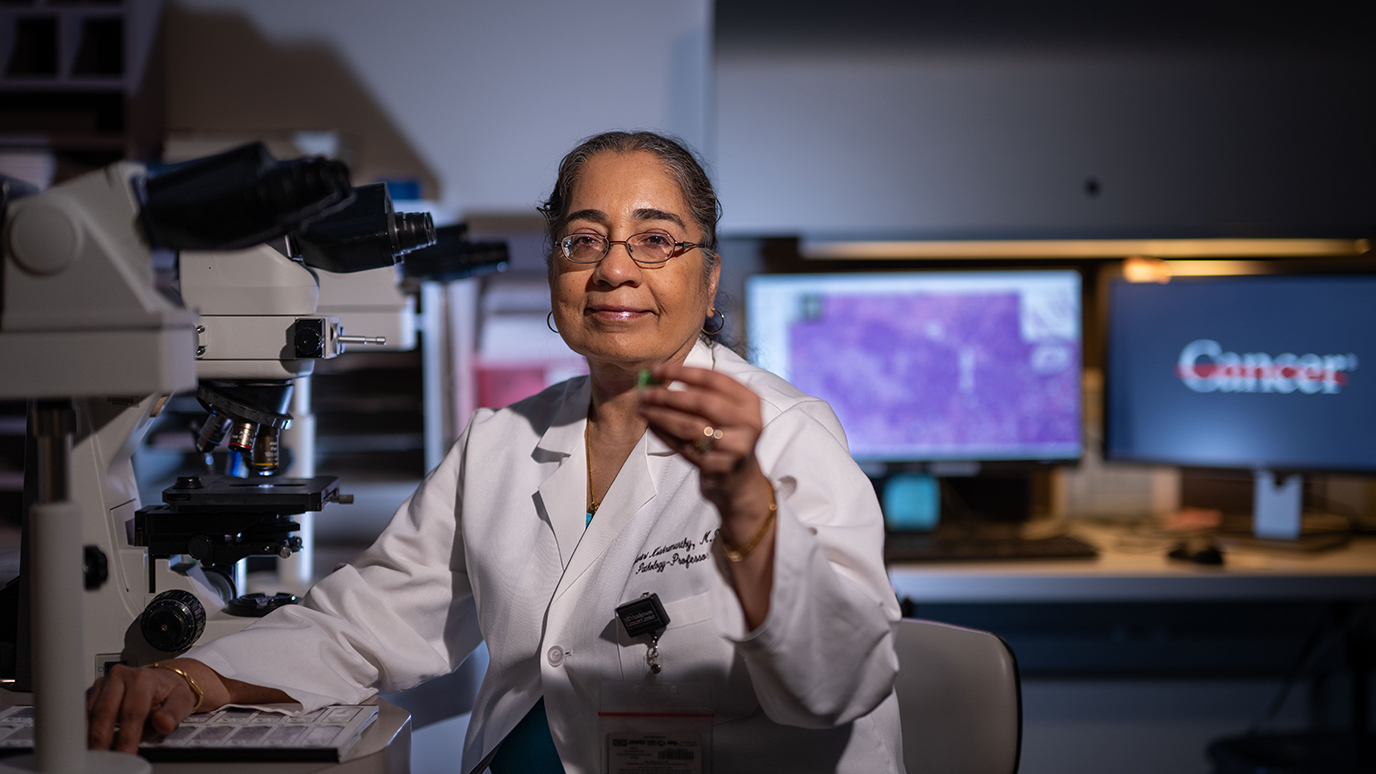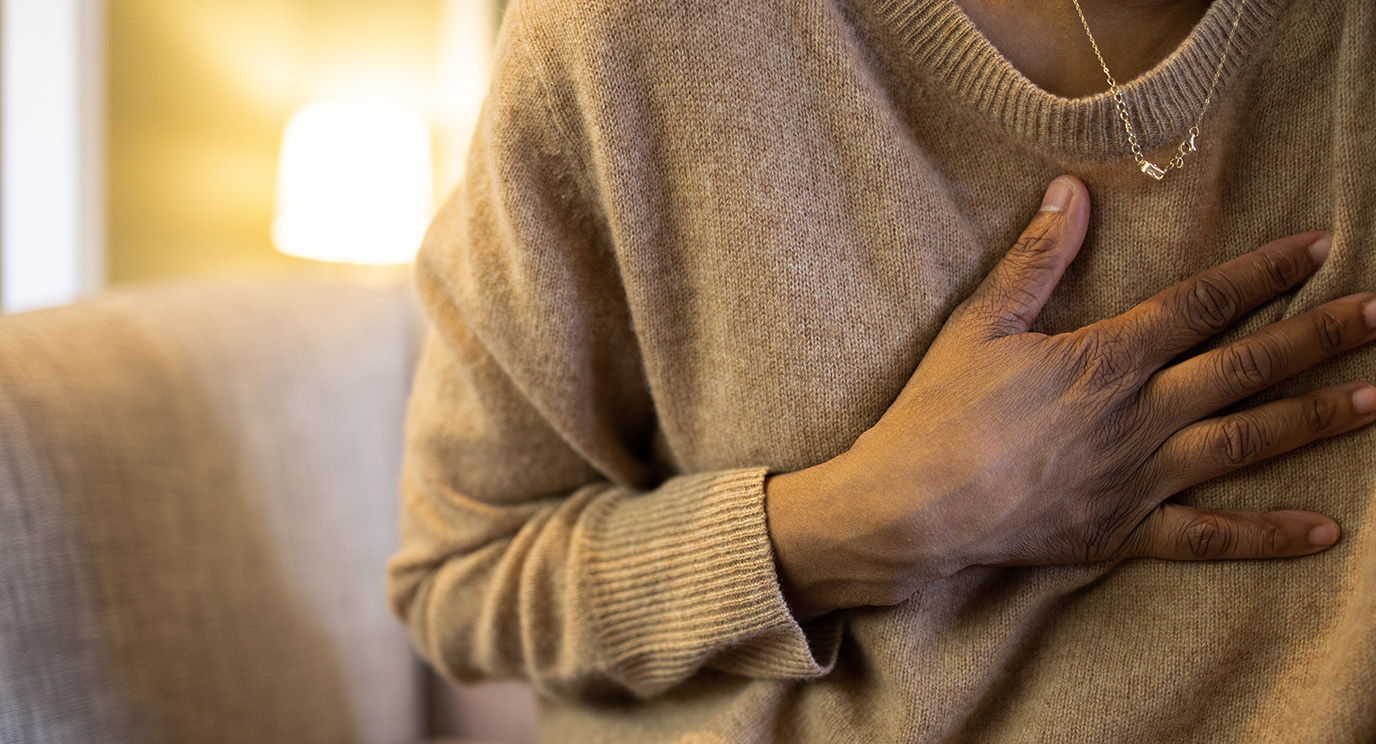- Diseases
- Acoustic Neuroma (14)
- Adrenal Gland Tumor (24)
- Anal Cancer (68)
- Anemia (2)
- Appendix Cancer (16)
- Bile Duct Cancer (26)
- Bladder Cancer (72)
- Brain Metastases (28)
- Brain Tumor (232)
- Breast Cancer (714)
- Breast Implant-Associated Anaplastic Large Cell Lymphoma (2)
- Cancer of Unknown Primary (4)
- Carcinoid Tumor (8)
- Cervical Cancer (160)
- Colon Cancer (166)
- Colorectal Cancer (118)
- Endocrine Tumor (4)
- Esophageal Cancer (44)
- Eye Cancer (36)
- Fallopian Tube Cancer (8)
- Germ Cell Tumor (4)
- Gestational Trophoblastic Disease (2)
- Head and Neck Cancer (14)
- Kidney Cancer (128)
- Leukemia (342)
- Liver Cancer (50)
- Lung Cancer (286)
- Lymphoma (278)
- Mesothelioma (14)
- Metastasis (30)
- Multiple Myeloma (100)
- Myelodysplastic Syndrome (60)
- Myeloproliferative Neoplasm (6)
- Neuroendocrine Tumors (16)
- Oral Cancer (100)
- Ovarian Cancer (172)
- Pancreatic Cancer (160)
- Parathyroid Disease (2)
- Penile Cancer (14)
- Pituitary Tumor (6)
- Prostate Cancer (146)
- Rectal Cancer (58)
- Renal Medullary Carcinoma (6)
- Salivary Gland Cancer (14)
- Sarcoma (238)
- Skin Cancer (296)
- Skull Base Tumors (56)
- Spinal Tumor (12)
- Stomach Cancer (64)
- Testicular Cancer (28)
- Throat Cancer (92)
- Thymoma (6)
- Thyroid Cancer (98)
- Tonsil Cancer (30)
- Uterine Cancer (82)
- Vaginal Cancer (18)
- Vulvar Cancer (20)
- Cancer Topic
- Adolescent and Young Adult Cancer Issues (20)
- Advance Care Planning (10)
- Biostatistics (2)
- Blood Donation (18)
- Bone Health (8)
- COVID-19 (362)
- Cancer Recurrence (120)
- Childhood Cancer Issues (120)
- Clinical Trials (632)
- Complementary Integrative Medicine (22)
- Cytogenetics (2)
- DNA Methylation (4)
- Diagnosis (232)
- Epigenetics (6)
- Fertility (62)
- Follow-up Guidelines (2)
- Health Disparities (14)
- Hereditary Cancer Syndromes (126)
- Immunology (18)
- Li-Fraumeni Syndrome (8)
- Mental Health (116)
- Molecular Diagnostics (8)
- Pain Management (62)
- Palliative Care (8)
- Pathology (10)
- Physical Therapy (18)
- Pregnancy (18)
- Prevention (920)
- Research (392)
- Second Opinion (74)
- Sexuality (16)
- Side Effects (606)
- Sleep Disorders (10)
- Stem Cell Transplantation Cellular Therapy (216)
- Support (402)
- Survivorship (322)
- Symptoms (182)
- Treatment (1786)
Cancerversaries: How and why cancer survivors celebrate
4 minute read | Published March 29, 2024
Medically Reviewed | Last reviewed by an MD Anderson Cancer Center medical professional on March 29, 2024
If you’re a cancer survivor, you may have heard the term ‘cancerversary.’ A combination of the words ‘cancer’ and ‘anniversary,’ a cancerversary is a day of celebration for someone who has experienced cancer.
“Celebration dates are personal to every individual and what they feel was the most meaningful event for them,” says senior social work counselor Tabeen Urbach. “Celebrations can occur on the day they were first diagnosed, the day they completed surgery to remove cancer, the day they completed treatment or any other milestone that is important to them.”
Celebrate as often as you like
Several dates may be important to you. Perhaps you want to celebrate the day of your diagnosis. Maybe you want to celebrate the day you learned there was no evidence of disease – sometimes called a NEDaversary. Maybe you want to celebrate both days. However often you’d like to celebrate, do it.
“There is no rule for how often someone can celebrate,” says Urbach. “People may choose to celebrate and make the most of every day, since every day is a gift.”
Celebrate however and with whomever you like
A cancer diagnosis is life-changing. You may have side effects from treatment or be physically unable to do things you used to do. Some survivors choose humor as a more light-hearted approach to their cancerversaries because going through cancer itself was so heavy.
Stage IV breast cancer survivor Olivia Franz was told she had no evidence of disease on March 30, 2021.
“My family celebrates this day every year with a nice dinner and a cake that says, ‘Good job not dying,’” says Olivia. “We’re planning something big for five years – possibly a cruise or an international trip.”
While celebrating with loved ones can be nice, some survivors may want to spend the day alone. “It’s important that survivors be provided a safe space to spend the day in the manner that feels right for them,” says Urbach.
She shares some other ways survivors can choose to celebrate, with as few or as many people as they want:
- Enjoy an intimate dinner with loved ones.
- Throw a big party, and invite everyone you know.
- Plan a big trip or vacation to somewhere on your bucket list.
- Create a celebratory post on social media.
- Get involved with a local cancer organization by fundraising, sponsorship or attending a community event.
- Visit the hospital where you were treated to give back through acts of kindness. Bring snacks, blankets, books or other items that were comforting to you to other patients going through treatment.
“Sometimes, the best way to support your loved ones on their cancerversary can be as simple as just showing up to ask how they are doing and being there to listen,” she says.
It’s OK not to celebrate
For some survivors, a cancerversary is not a happy occasion. Instead, it’s a stark reminder of one of the most difficult times in their lives.
“The truth is that you may still feel sad about your cancer journey, no matter how many days or years have passed since your initial diagnosis,” says Urbach. “It’s important to acknowledge that a cancer diagnosis can be traumatic, and not everyone will want to celebrate or acknowledge the day they started this journey.”
And that’s OK. You don’t have to celebrate if you’re not feeling up to it.
Lean into why you’re celebrating
It’s normal to feel a range of emotions leading up to, or during, a cancerversary.
“Cancerversaries can be emotionally challenging. You may be grieving the life you had before cancer while also feeling gratitude for the present and the life that you have,” says Urbach. “Since the cancer diagnosis may have disrupted your life and your future plans, you may feel like you missed out on celebrations and milestones that your family and friends experienced while you were going through treatment, such as college graduations, career promotions, weddings and births. It’s important to acknowledge that you deserve to celebrate your milestones, even if your new normal is different from what you were expecting.”
When Bart Wilson was diagnosed with stage IV colon cancer at age 37, he was told he had a 15% chance of living five years.
“I’m not into big celebrations, but if I reach the five-year mark of being cancer-free next year, my family plans to take a big trip to celebrate,” says Bart. “They acknowledge the day I showed no evidence of disease each year, but I always wanted to reach that five-year mark before doing any celebrating.”
Cancerversaries have different meanings for everyone.
Celebrating the day you were diagnosed can help you take back some control over a difficult day, notes Urbach, adding that cancerversaries can help you reframe your mindset from a sad day to a day of gratitude over how far you’ve come to get to this anniversary.
“Celebrating a cancerversary is really about celebrating yourself and the determination, resilience and strength it took to get you to where you are today,” she says. “Honoring the anniversary of your cancer journey can be emotionally healing. It allows you to reflect on your cancer experience and identify, acknowledge and process your emotions and celebrate everything you’ve accomplished in reaching this milestone.”
Request an appointment at MD Anderson online or call 1-866-666-0437.

Celebrating the day you were diagnosed can help you take back some control over a difficult day.
Tabeen Urbach
Senior Social Work Counselor





